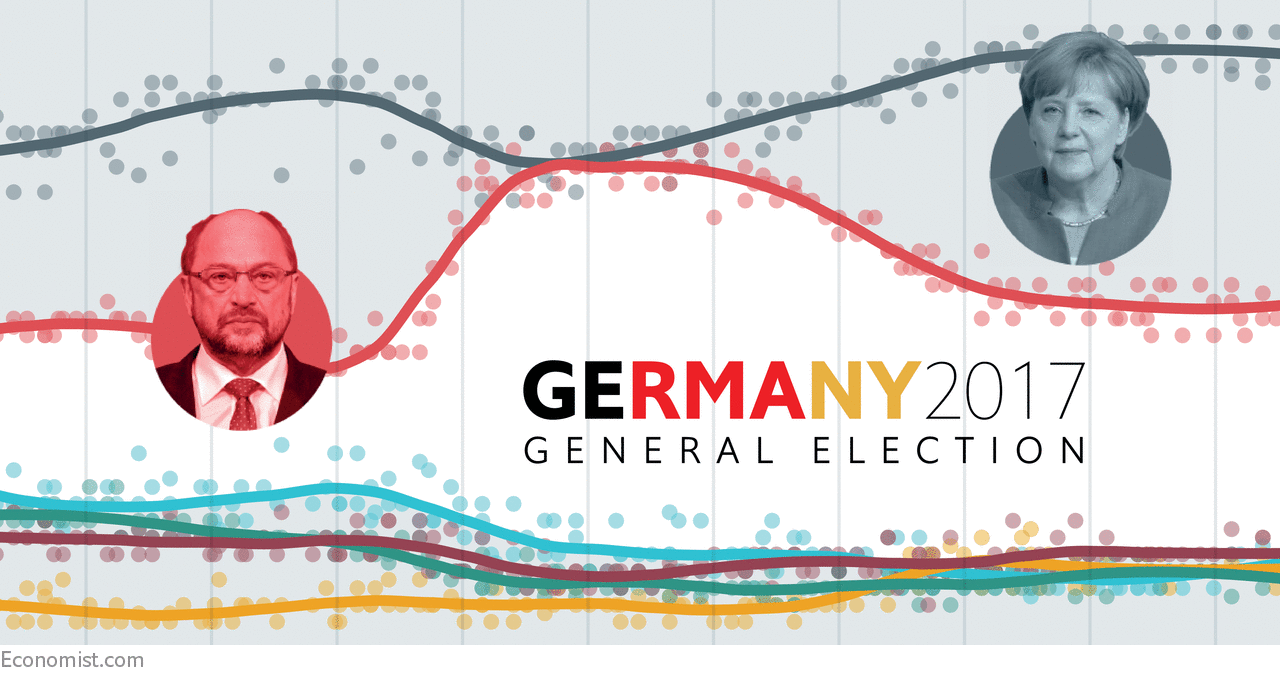The german elections in the polls
In the run-up to the German election there was a lively debate about how reliable the polls would
be. The background of this discussion, of course, was the impression the German public had that the polls in the British Brexit decision and the American presidential election had been altogether incorrect and misled the public. The main reproach was that polls underestimated populism in the British and US population.
Check out market research companies in Germany !
Check out market research companies in Germany !
This too negative impression was reinforced by the 2016 German regional elections where the right- wing party AfD in particular had been underestimated in the pre-election and some exit polls. In the regional elections of 2017 it became clear that all polling institutes in Germany had successfully adjusted their instruments. The polls in the 2017 regional elections in Schleswig- Holstein and Nordrhein-Westfalen were quite accurate, including the results of the AfD. The only fly in the ointment: in the Saarland election all polls significantly underestimated the CDU and showed a neck-and-neck race between CDU and the SPD, but in the election the CDU was more than 11 points ahead. This kept the discussion alive about polling accuracy and whether polls would get the results (or at least the range of the parties) correct in the national election in Germany of September 24th.
The German election is over and we can say that the polling institutes did quite a good job. The exit polls were excellent as they have been in recent national elections. The cumulated deviance for the six relevant parties amounted to 2.5 (Forschungsgruppe Wahlen and Forsa) to 2.8 points (Infratest dimap). That means an error of less than 0.5 points per party




Comments
Post a Comment